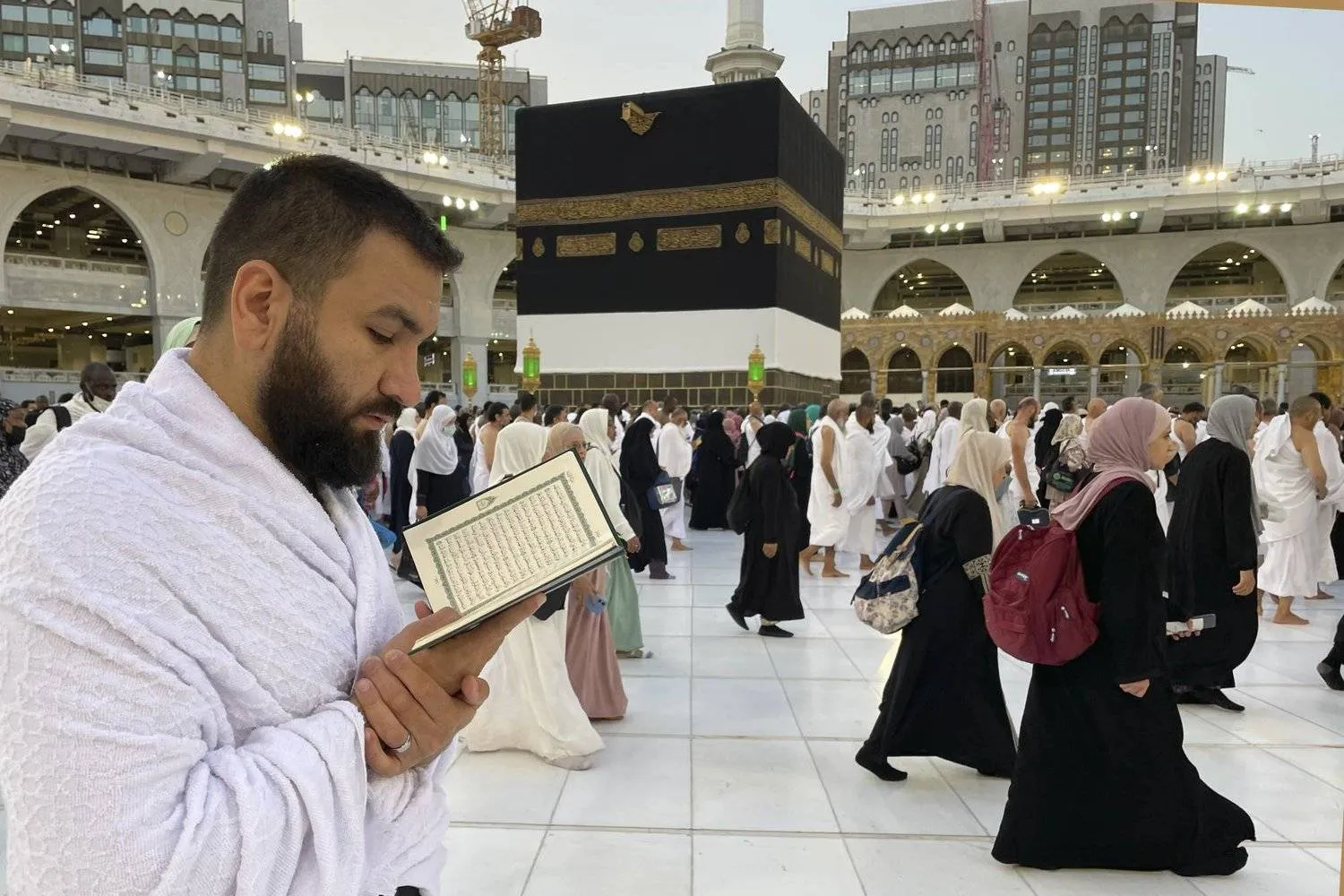Centuries ago, the Hajj pilgrimage and access to holy sites troubled Muslims from all corners of the world. The journey of performing the Hajj pilgrimage, which is the fifth pillar of Islam, was fraught with troubles and dangers, as well as financial constraints.
The only obstacle that pilgrims faced was the loss of security within the Arabian Peninsula upon entering through various gateways.
They were exposed to robbery and plundering, as the annual Hajj season created a temporary investment opportunity for individuals, states, and tribes to increase their income through theft and looting, or by securing the pilgrims’ passage in exchange for money.
As organized gangs formed, they intercepted pilgrims and robbed them of all their provisions and medicines, leaving them stranded and helpless.
Some of the pilgrims would perish, while others would continue their journey on foot, exhausted.
Unfortunately, there are instances when these gangs would resort to violence, even killing those who resist.
The historian and journalist Amin Said documented most of the Hajj events and the beginning of King Abdulaziz’s rule in his magazine “Asharq Al-Adna,” which he published in Cairo in 1927.
The news of Hijaz, Najd, and their surroundings occupied a prominent position in the magazine.
Syrian historian Abdul Karim Ibrahim Al-Samak, who resided in Saudi Arabia, carefully observed everything contained in the magazine and the issues it addressed regarding the structure policy pursued by King Abdulaziz, particularly concerning the pilgrims.
This policy aimed to provide security for the pilgrims from the moment of their arrival until their departure to their home countries. The magazine recorded that the pilgrims felt the difference between the present and the past, thanks to these measures.
Documented history did not record the numbers of pilgrims at the beginning.
However, during the reign of King Abdulaziz, the first statistical record of pilgrims was established, indicating a total of 250,000 pilgrims visiting the Kingdom to perform Hajj.
Nowadays, the attention given by the wise Saudi leadership to the two Holy Mosques reached its peak under the reign of King Salman and the efforts exerted by Crown Prince Mohammed bin Salman.
The Saudi leadership has implemented regulations to increase the number of Umrah pilgrims throughout the year. The number of Umrah pilgrims during the past Ramadan period reached approximately 30 million.
Meanwhile, the number of Hajj pilgrims adhered to the prescribed and specified quotas for each country around the world.
The Saudi government provided all necessary facilities starting from the pilgrims’ departure from their countries until their arrival at the holy sites.
This was done to such an extent that some pilgrims are eager to come to Makkah months before the Hajj to benefit from healthcare services and undergo heart, bone, and eye surgeries before completing their Hajj pilgrimage and returning home in good health.









